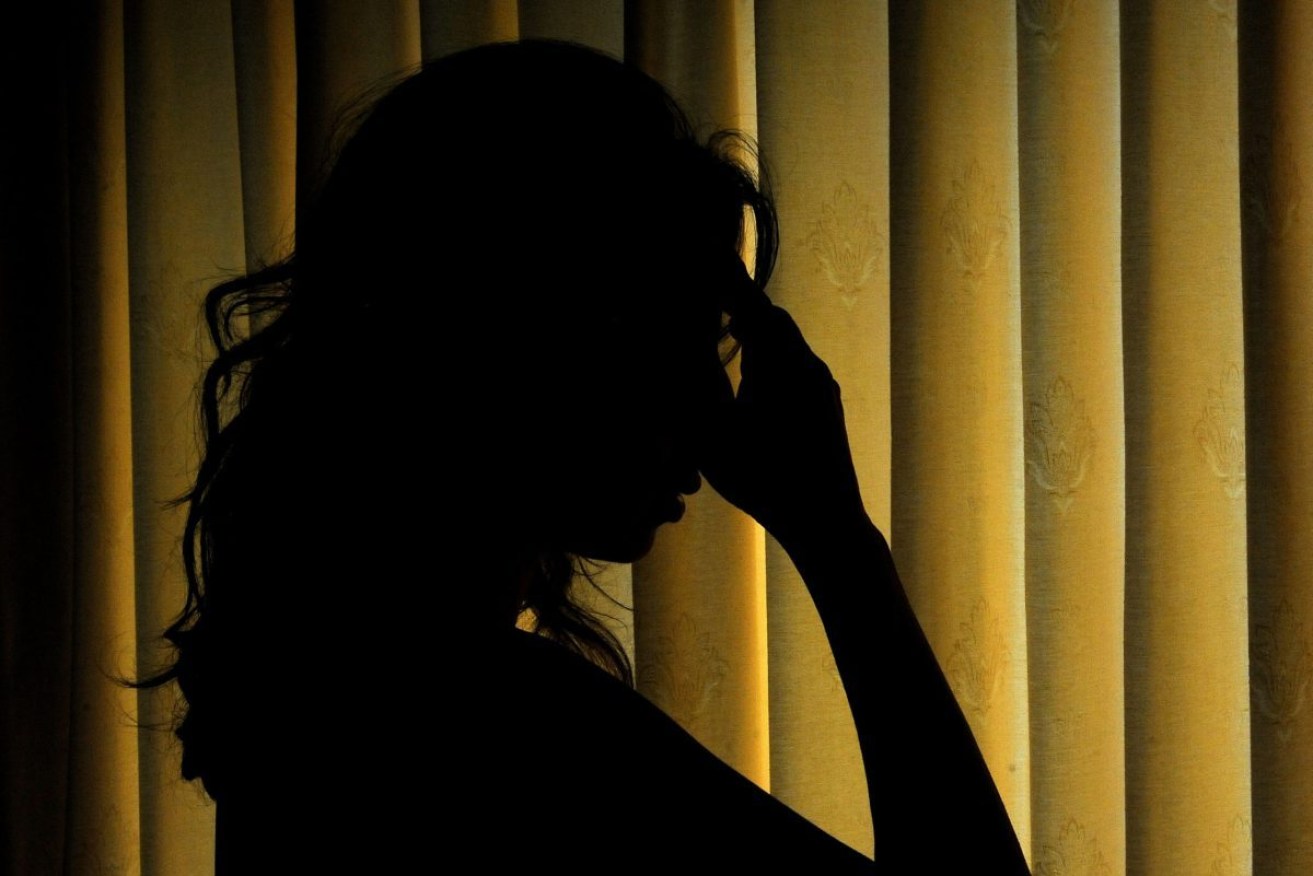Breaking down death taboos over dinner
After assisting bereaved families, Tracey Wanganeen says it’s time for the community to gather around the table and discuss ending the stigma of suicide.

Photo: Anna Gowthorpe/PA Wire
More than 200 South Australian families are impacted by suicide each year – yet it remains one of society’s most taboo conversation topics.
In my role supporting families and communities bereaved by suicide, I believe it’s vital for our community to openly talk about it. By making suicide a topic of dinner table conversation, we can collectively break down the stigma.
Members of the StandBy team are often the first people who reach out to families to offer support. We provide practical help as well as a listening ear to ‘be there’ for those grieving.
StandBy is a national, federally funded, free service operating 24 hours across Australia, administered by AnglicareSA, that is a crisis response for families, friends and associates who have been bereaved through suicide. Support is provided by a trained and experienced team. StandBy also runs community workshops and services for professional organisations – all without cost.
A lot of people ask: “What do you say to these families, what can you say?” In my experience, many people who know someone affected by suicide feel uncomfortable talking about it and stay away for fear of saying the wrong thing.
I tell them: “If your friend lost a loved one in a car accident and your reaction was to take around a casserole, well take around a casserole. Do what you would do for anyone you know who is dealing with the death of a loved one”. Tell them that you don’t know what to say but that you care and you’re here for them. Even just sitting in silence with them can be of immense comfort.
As for what not to say, our advice is to stay away from clichés like: “They’ve gone to a better place”. Also, don’t pry for specific details of the loss. Words do matter. ‘Committed’ suicide associates it with a crime or sin; ‘took their own life’ is more appropriate and less judgmental.
Those grieving the death of a loved one to suicide often blame themselves and feel they should have done more or seen the signs. What we say to them is that people struggling with suicidal thoughts are often very adept at hiding what they’re going through as they don’t want to be a burden on others. Feelings of guilt are completely normal.
In my role, I’ve helped a woman who was left isolated after the man she moved to a country town to be with took his own life. I connected her to local social groups. We help people access financial help if their partner, who died by suicide, was the breadwinner of the family. We have also assisted families explain suicide to children.
In country SA, from July 2021 to date, StandBy provided support to more than 60 individuals and several large groups which include workplaces and communities impacted by suicide.
As a social worker and someone who has been personally affected by the death of a loved one to suicide, I believe it is so important for the community to remove the stigma. This is why Adelaide Cemeteries’ Death over Dinner at West Terrace Cemetery on May 13 is such an important event. It’s about starting a conversation about issues surrounding death and dying.
Tracey Wanganeen is coordinator for health network Country SA and inaugural member of the Premier’s Suicide Prevention Council and an RU OK Ambassador.
For more information and to buy tickets to Death over Dinner: https://bit.ly/ac-dod
StandBy Support After Suicide: 1300 727 247
Lifeline: 13 11 14




